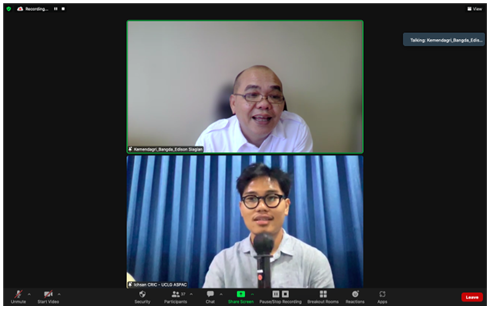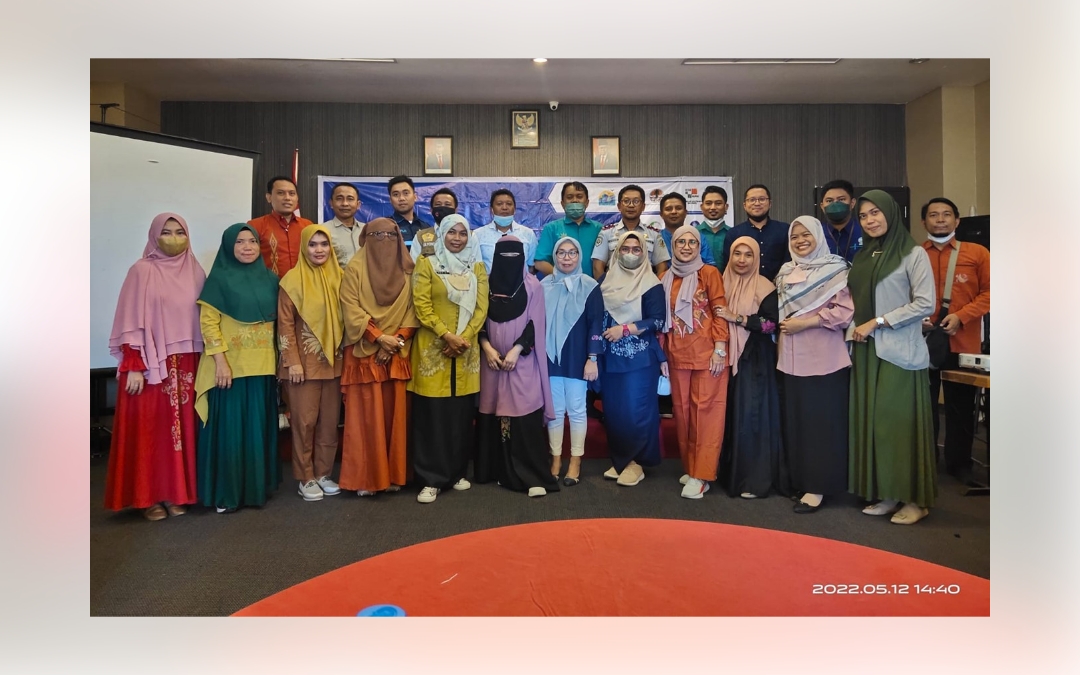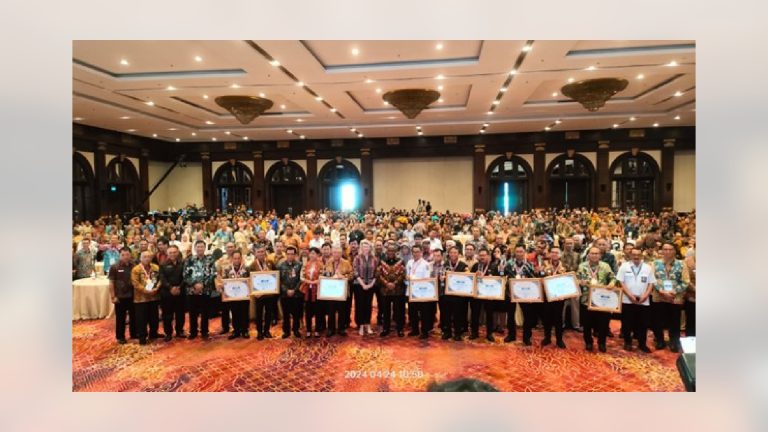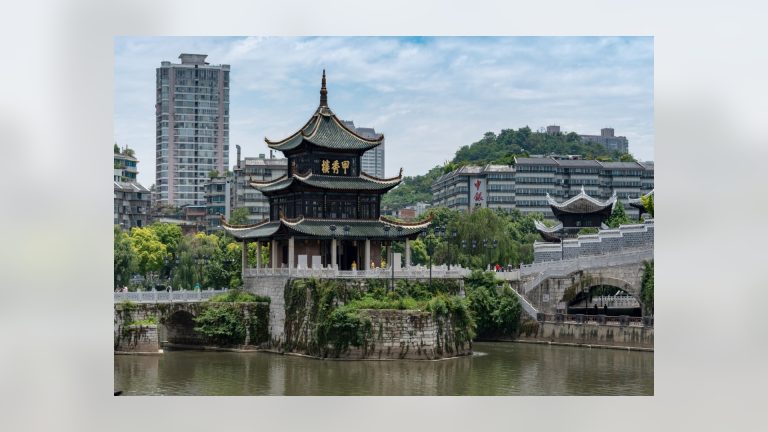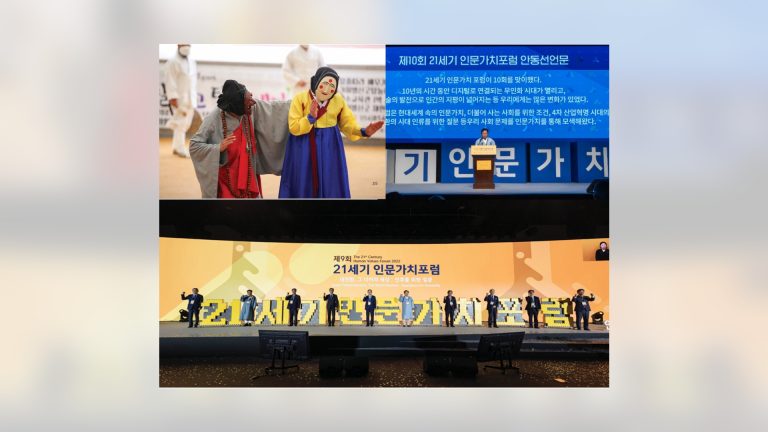May 2022 | UCLG ASPAC’s Climate Resilient and Inclusive Cities (CRIC) is a five-year collaborative project funded by the European Union to help the cities and local governments enhance climate resilience through climate mitigation and adaptation, good governance, and inclusion. The implementation of this project is carried out through various steps, one of them is the development of local action plans for climate-resilient and inclusive cities.
A Climate Action Plan (CAP) Training programme has been designed to enhance the local governments’ capacity and knowledge in developing the local action plans so that their capacity is strengthened in designing and implementing an inclusive public policy. The training programme consists of five trainings in total that covers both components of climate change adaptation and mitigation, as well as the integration of disaster risk management, good governance, inclusiveness, and Sustainable Development Goals (SDGs) into the local planning. The training involved Climate Working Groups (CWG) of each city which consists of multi-stakeholder elements and national level stakeholder representatives that brought intense discussions in bridging national and local level climate action plans.
Earlier this May, Cirebon had its third CAP Training on climate mitigation, discussing the results of greenhouse gases (GHG) emission inventory results, as well as baselines and action plan development, with the direct assistance of CCROM SEAP team as national level experts.
This training invited national-level stakeholder representatives, from the SDGs Secretariat of the Indonesian Ministry of Development and Planning (Bappenas) and the Directorate General of Regional Development of the Ministry of Home Affairs (MoHA). Mr. Rachman Kurniawan, Manager of the Pillars of Environmental Development of the SDGs Secretariat, mentioned that SDGs have become an inseparable element of Indonesia’s development planning process.
Mr. Edison Siagian, the Director of SUPD of MoHA, provided guidance and examples on integrating climate change programmes in national and local planning. He also conveyed his gratitude to UCLG ASPAC as the organiser of the CAP Training as it has helped national and local governments build a common understanding of climate change adaptation and climate change mitigation action plans.
During the discussion, Mr. Lukman from the city’s Trade, Small and Medium Enterprise Cooperatives Agency, shared the challenges faced by local agencies in achieving the target set by the national government.
Mr. Edison explained the MoHA’s efforts as the regional coordinator to cater to local governments’ needs regarding the CAP development through a nomenclature using MoHA Regulation 90/2019 and Ministerial Decree of the MoHA 050/2021. He also encouraged the local governments to integrate CAP into the local development planning to ensure the availability of the local budget.
The series of training that brought the members of CWG together from mid-2021 until this May has received positive feedback among its members. Among many was building solid relationships among members coming from various organisations and allowing discussion conducted in a vibrant atmosphere. It is proven with the list of priorities of mitigation actions created by all CWG members as the result of the discussion.
In conclusion, the ongoing series of CRIC training and technical assistance to increase the capacity of the climate working group have shown many benefits. Until the end of March, the pre and post-test results of the CAP training participants in five cities have shown a significant increase in knowledge. For instance, in terms of GHG inventory, there’s an increased knowledge by 60% after they have completed the training. In addition to the increase in knowledge, the CWG members were convinced that they can implement the exercises carried out during the training, such as calculating the climate change vulnerability. Another benefit of CRIC’s training is also to provide opportunities for the CWG, especially non-government stakeholders to contribute to the Climate Action Plan to discuss options for local climate actions.
